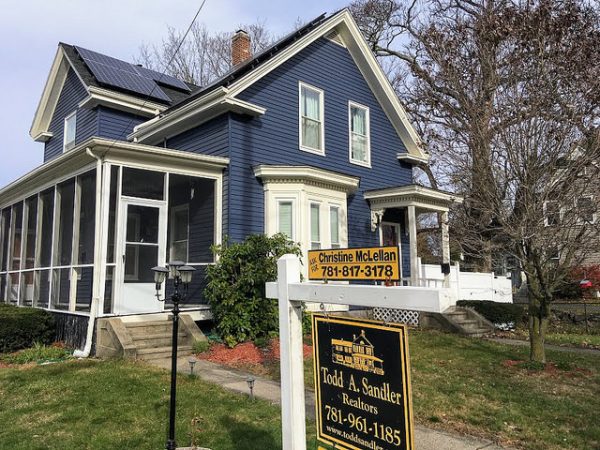
The first rule of finding good real estate is location. Housing location is not simply a matter of preference, however. In the mid 20th century, discriminatory housing practices called redlining perpetuated racial segregation. During this time, the U.S. Federal Housing Administration (FHA) rated neighborhoods as desirable or undesirable based on their racial and ethnic makeup. White homeowners would often sell their homes below market value if their neighborhoods were at risk of being classified as undesirable, and racial minorities would then purchase these same homes at inflated prices, resulting in racial residential segregation. While redlining is now illegal, Blacks and Hispanics still tend to live in poorer housing and in less desirable neighborhoods than Whites. New research by Max Besbris and Jacob William Faber demonstrates the long legacy of redlining practices by examining how real estate agents play a role in perpetuating racial housing disparities.
The authors use multiple methods in their study. First, they matched to the specific business addresses of licensed real estate agents in the state of New York to the median home values and other demographic information of their corresponding census tracts. Next, they interviewed 45 real estate agents about fair housing practices and where they do most of their work. To better capture real estate agents’ fair housing practices, the interviewers asked agents to respond to hypothetical situations where buyers and sellers expressed racist attitudes and asked for the racial composition of certain neighborhoods.
The census data shows that real estate agencies concentrate significantly more in neighborhoods with White or Asian majorities –averaging 12 and 20 real estate agents — rather than those with mostly Black or Latinx residents –averaging about three agents each. In interviews, several realtors argue this pattern does not reflect racial bias, but instead reflects the desire to earn more money by working in higher-priced areas. While none of the real estate agents explicitly believed segregation was right, many sought to please their clients and make sales by steering potential buyers to certain areas based on racial composition. The realtors describe these practices as responding to clients’ implicit and explicit preferences to be in neighborhoods with residents who resemble themselves racially and socioeconomically. In short, even though real estate agents may not have overtly racist attitudes, they use business practices that perpetuate structural racism to make a living and compete in the real estate business world.

Comments